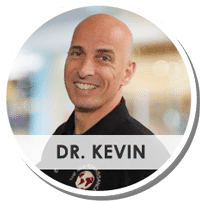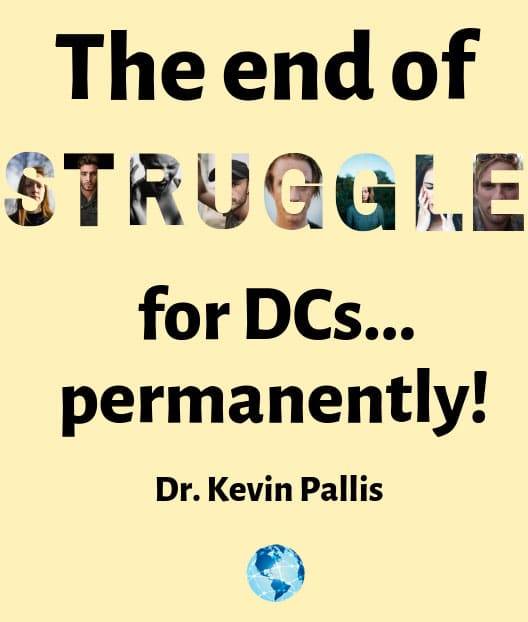The Isolation Situation
 Anonymous crowd of people walking street
Anonymous crowd of people walking street
If you’re a DC, you’re awesome at helping people and you couldn’t love it more. It’s just the other stuff that frustrates you. When you committed to all the blood, sweat and tears that is Chiro school, you didn’t in your wildest dreams think you’d be stuck where you’re at. Whether you’re a solo practitioner, independent contractor, or an associate, it’s common for all DCs: there’s a snag that you can’t seem to undo. It may be that you’re weak at getting new patients, or can’t speak in public. How about asking for money or long-term commitment? Or that horrible feeling in the pit of your stomach before any confrontation?
You went through all of Chiropractic College only to get screwed by things they never taught you in school. No matter how great you did with your boards and license exam or numbers in student clinic, it’s become clear that it’s more than just academia that creates success.
The real question is, will you continue trudging through life like it’s you against the world or will you try to escape the island of isolation? So many DCs are doing it all on their own and it shows. Chiropractic is at a historically low point of earning with historically high levels of debt. It’s the American way to power through, pull yourself up by your bootstraps, and get through it alone. But more and more, this is proving to be an unsuccessful strategy.
The Isolation Situation
Most graduates are only in virtual contact with most of their graduating class. You probably have a few BFFLs, but the rest fall by the wayside. This is where isolation starts to do its invisible destruction. Oh, sure you may go back to Life or Palmer or Sherman or Logan every once in a while to bag a few license credits, but you continue to stay isolated and very busy with kids’ soccer tournaments, your sister’s bachelorette, your in-law’s golden anniversary party, and a billion other things.
You can’t just forget about your family responsibilities, just know they can’t help you exponentially increase your practice. No matter how busy you are, your practice will not grow itself; it needs community, and the best way to get community is to join a community.
Do you remember the feeling you had when you were on a sports or academic team, in the Boy or Girl Scouts, in a band, on a missions trip, etc? You were a part of something greater than yourself, something that made you feel great about yourself because you were helping others. That is something that you will look fondly at for the rest of your life.
Like speaking a foreign language or playing a musical instrument, you can’t just start and expect to be an expert in a day or two. These skills need to be developed to get existing and potential patients to understand how great you are. You need to be able to develop relationships with anybody you meet. After you’ve got that, you have to develop better communication skills that are not digital. Next up is a killer patient education program so they have the opportunity to go above and beyond symptomatic care. And then there’s boundaries so your patients know with certainty what to expect, with no surprises.
The thing that is 100% unique about TNR is that with each DC we help, we also help kids on a Native American reservation in MT. All of our members get to bring spouses, kids, top tier patients, and friends to the reservation when we make our bi-annual trips. Adjusting kids, having carnivals, giving gifts at Christmas time, it’s all part of belonging to a group of successful DCs who love being DCs. Success is not just great for DCs, it’s great for patients, our profession and society at large.


